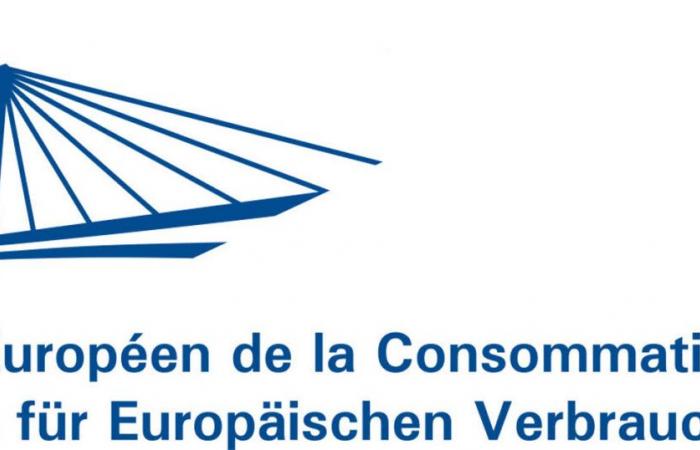You are looking for a job and you need the perfect CV. That’s good, there are many sites with customizable templates. But be careful, not everyone is serious. Certain sites, managed in particular by Dutch or Spanish companies, risk involving you in expensive subscriptions.
An online CV… with a monthly invoice to boot
While looking for help creating a CV, Paul comes across a foreign site that offers customizable templates. The site, accessible in French, displays the cost of its service: €20 to access a library of models. Paul decides to create an account and browses the options offered, without finalizing his CV.
A few weeks later, he received an invoice in his mailbox. Surprised, he realizes that he accepted a subscription by registering. Although he had seen the price displayed when he signed up, he had not paid attention to the details of the commitment. Paul then discovers that he is now billed every month for a service that he ultimately did not use.
Sometimes misleading practices
Paul unfortunately made the wrong choice to create his CV. He came across a site with ambiguous practices to obtain user agreement. For example, he realizes afterwards that the mention of the subscription was hidden in the general conditions of sale (CGV). On the site interface, the information was worded in an ambiguous manner.
On other sites, the subscription takes the form of a pre-checked box, which the user hovers over without paying attention. Or a pop-up window that we quickly try to close. Such practices make commitment difficult to understand. And do not respect the legal obligations for a site which is aimed at a French public.
How to recognize a reliable site?
To avoid being misled, Paul should have looked at the T&Cs before confirming his order. A reliable site clearly indicates the cost of its service, the duration of the commitment as well as the terms of termination. According to French law, any site offering a subscription must include a double-click to confirm the order. The first click is used to verify the details of the offer, while the second validates the commitment.
When confirming your purchase, carefully analyze this validation button. It must include an explicit mention of the obligation to pay, such as “Confirm and pay €20 per month”. If the button does not clearly indicate this obligation, the subscription is invalid. Also consider online reviews before signing up. Reading other users' experiences can help you avoid questionable sites.
What to do in the event of an unwanted subscription?
If you discover that you have been engaged in a subscription without your knowledge, you have recourse. When the site does not respect the double click rule or does not include a payment obligation validation button, you can contest the subscription. To do this, send an e-mail as well as a registered letter with acknowledgment of receipt. Demand cancellation of subscription and sent invoices.
However, contesting a subscription after the fact is not always easy. So be very vigilant: read the T&Cs carefully to spot any hidden subscriptions.
European Consumer Center Bahnhofsplatz 3 77694 Kehl (Germany). More information on: www.europe-consommateurs.eu






